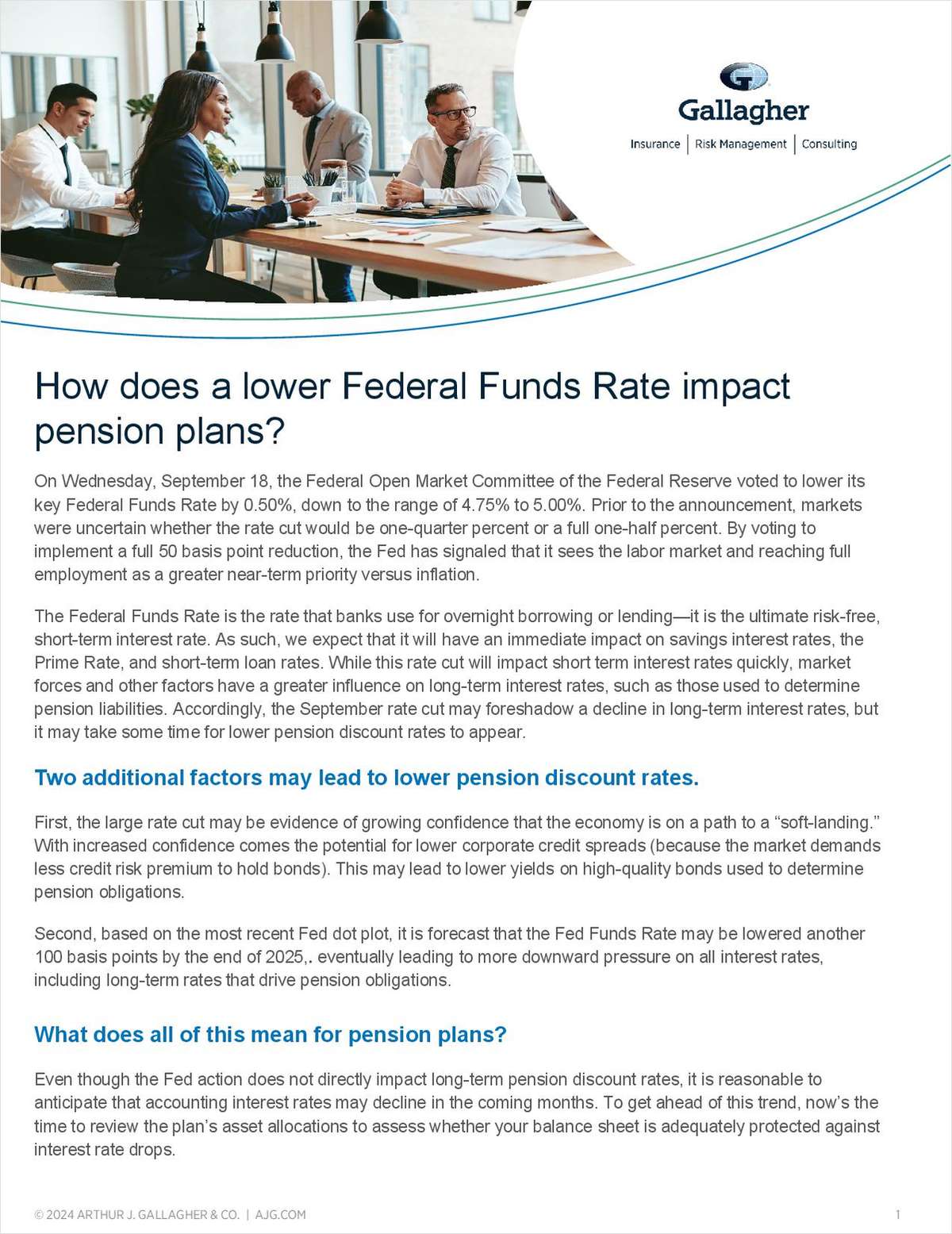(Bloomberg Business) -- Please open your stock-market playbook to the chapter on defensive industries, and flip to the page about health-care stocks. Now, rip that page out and throw it away.
The old playbook has always treated stocks of drugmakers and health insurers as the place to turn when times get tough. The idea is that, theoretically, people will continue to buy the medicine they need long after they've stopped splurging on new clothes or a new car or even a night out on the town.
As a result, health-care stocks tended to perform better than other industries during bear markets. But a funny thing happened over the last few years of the latest bull run: health-care stocks outperformed by a long shot, including a market-leading advance of 12 percent so far this year.
The rally has lifted the market value of health-care stocks in the Standard & Poor's 500 Index alone to almost $3 trillion, or 15 percent of its entire market cap. The only time it was higher in the past two decades was during the bear markets following the dot-com bust and the 2008 financial crisis.
This time, however, investors are playing offense rather than defense. Love it or hate it, the Affordable Care Act has created millions of more customers for health companies.
And the booming optimism over biotechnology has sent drugmakers like Celgene Corp., Endo International Plc, Regeneron Pharmaceuticals Inc., Gilead Sciences Inc. and Vertex Pharmaceuticals Inc. up more than 200 percent since the beginning of 2013, while merger frenzy among managed-care companies has helped fuel the most recent phase of the rally.
The enthusiasm has turned health-care stocks into the most-expensive among the 10 main industries in the S&P 500.
The group's price-to-earnings ratio is more than 24, its highest since the bear market at the turn of the century, and all but a handful of the companies trade at a valuation that's above the S&P 500 as a whole.
Health-care and consumer-discretionary stocks are the only groups among 10 forecast to post full-year earnings growth above 10 percent for this year through 2017, according to Bloomberg's tally of analysts' estimates.
So not only has the page from the playbook been ripped out, it's practically been doused with gasoline and set on fire. Is it time to be worried? Maybe, maybe not.
It is, at the least, time to gather in a Bob Newhart-stylegroup-therapy circle and share our anxieties about the current leaders of the stock market, which is sort of what some strategists are doing these days.
"What happens when health care stops being such a strong performer or simply hits a valuation or fundamental pothole?" ConvergEx Group's Nicholas Colas wrote in a note this morning. "The simple answer is that other sectors have to step in with better performance, or the U.S. equity market will stumble."
In Colas's estimation, only financial and technology stocks have the weight and earnings prospects to keep the stock-market party going.
"Should investors worry that the health care sector is gaining weight?" Sam Stovall at S&P Capital IQ asked in a report yesterday. "We still recommend an overweighting to health care as a result of unrealized growth from the ACA. We believe this increase in the insured population should be the main driver of top- and bottom-line growth."
In other words: Thanks, Obama!
Copyright 2018 Bloomberg. All rights reserved. This material may not be published, broadcast, rewritten, or redistributed.
Complete your profile to continue reading and get FREE access to BenefitsPRO, part of your ALM digital membership.
Your access to unlimited BenefitsPRO content isn’t changing.
Once you are an ALM digital member, you’ll receive:
- Breaking benefits news and analysis, on-site and via our newsletters and custom alerts
- Educational webcasts, white papers, and ebooks from industry thought leaders
- Critical converage of the property casualty insurance and financial advisory markets on our other ALM sites, PropertyCasualty360 and ThinkAdvisor
Already have an account? Sign In Now
© 2024 ALM Global, LLC, All Rights Reserved. Request academic re-use from www.copyright.com. All other uses, submit a request to [email protected]. For more information visit Asset & Logo Licensing.








